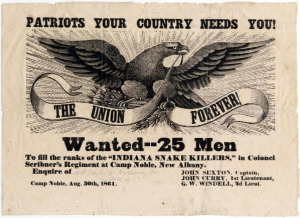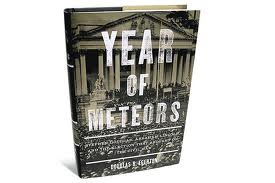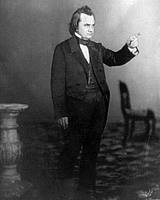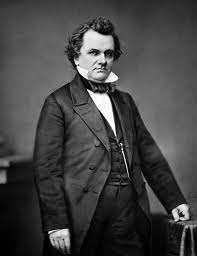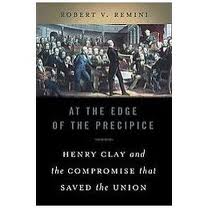SECESSION! PART DEUX
In which we talk about President Lincoln’s April 15th, 1861 call for 75,000 militia to suppress the rebellion, and the subsequent secession of Virginia, Arkansas, Tennessee, and North Carolina.
Our ‘book’ recommendation for this episode is actually two articles in back issues of North & South magazine.
In Volume 5 Number 4 (May 2002) there’s an article titled, “Virginia’s Reluctant Secession.” And in Volume 12 Number 1 (February 2010) is an article titled, “Secession in the Upper South.”
Listen to Episode 36: SecessionPartDeux

